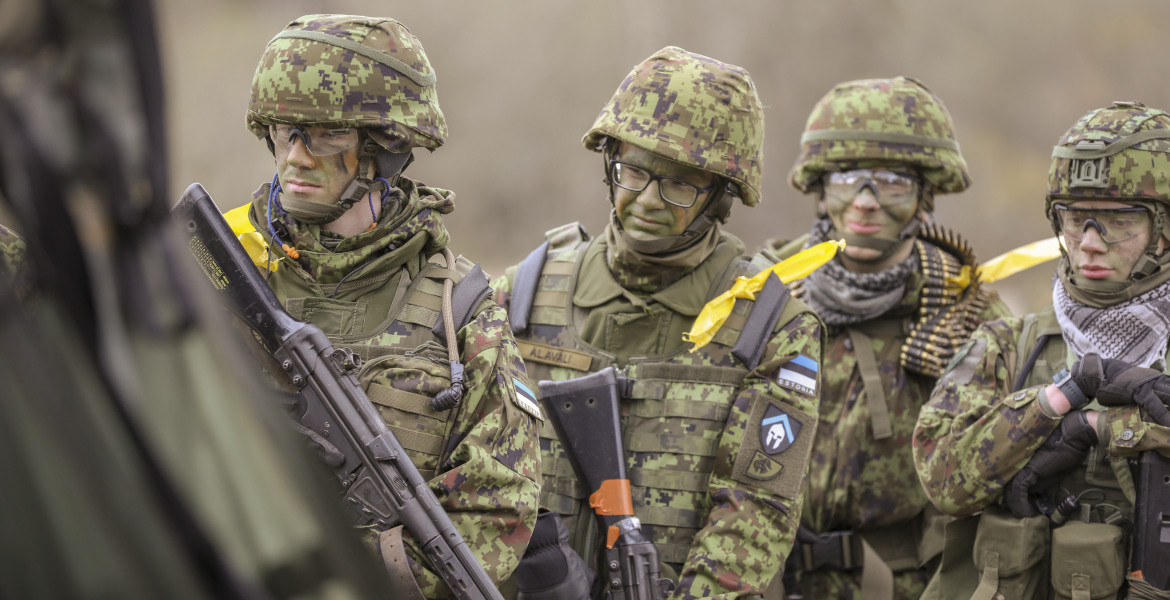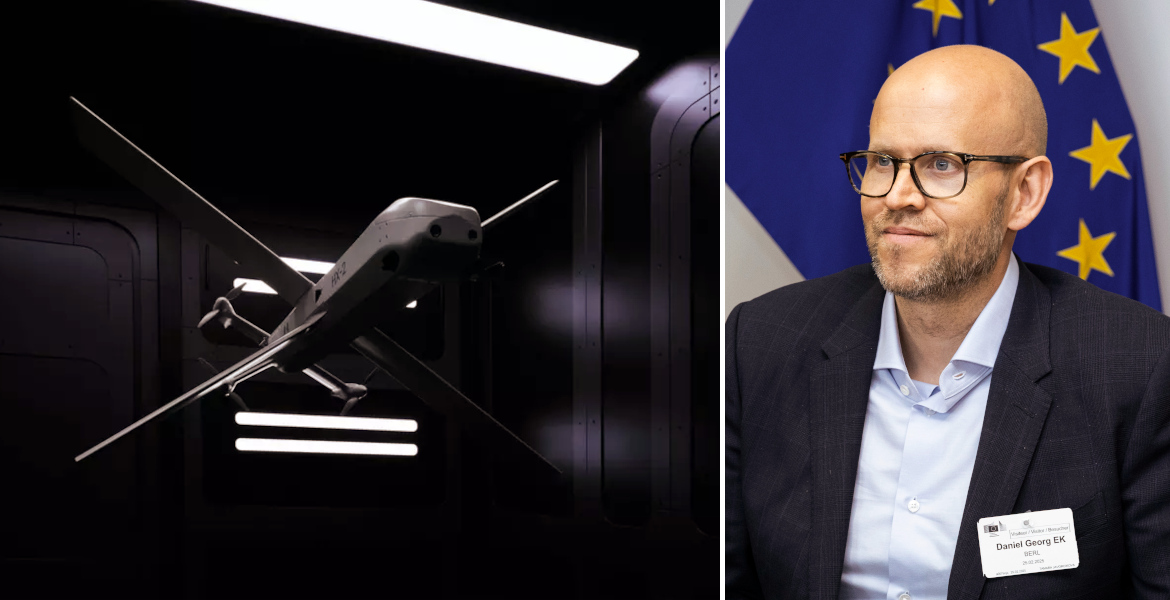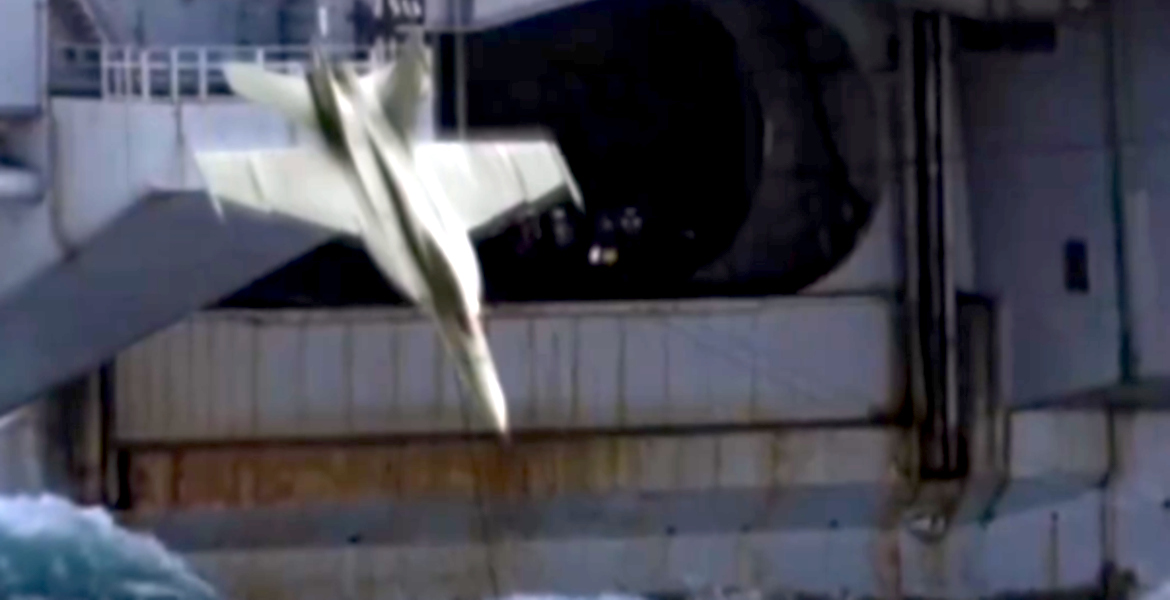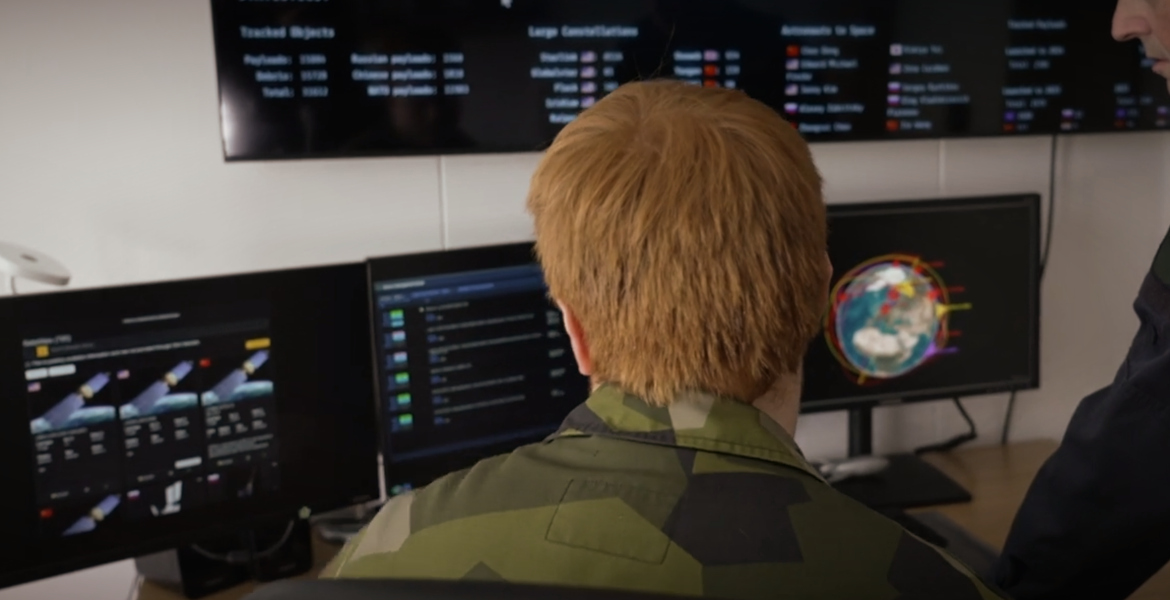The US is phasing out its military security support programs for European countries on the border with Russia. The decision is part of President Donald Trump's stated strategy to make Europe take greater responsibility for its own defense.
Pentagon representatives informed European diplomats last week that the Americans will no longer finance programs that train and equip soldiers in several Eastern European countries.
The current program, known as "section 333", has a global budget of over one billion dollars and the cuts are expected to eliminate military support worth hundreds of millions of dollars to countries on Russia's border.
Between 2018 and 2022, 1.6 billion dollars from the program went to Europe. The main recipients have been the Baltic states of Estonia, Latvia and Lithuania. Already approved funds remain until September 2026, but the Trump administration has not requested new appropriations.
"Europe must take more responsibility"
A White House official tells the Financial Times that the decision aligns with Trump's ambitions to "reassess and redistribute" foreign aid.
— This action has been co-ordinated with European countries in line with the executive order and the president's long-standing emphasis on ensuring Europe takes more responsibility for its own defense.
Under pressure from the Trump administration, Europe's NATO countries also agreed in June to aim to increase their defense spending to 5 percent of GDP.
Several European governments were surprised by the announcement and are now trying to get more information from Washington, according to diplomats with insight into the discussions.
— If they are being brutal then it will have big implications, says one diplomat, adding that the military alliance will definitely be affected since parts of the funding are channeled through the alliance.
— It's causing a lot of concern and uncertainty, states another diplomat.
Increased presence in Poland?
Senator Jeanne Shaheen, leading Democrat on the Senate Foreign Relations Committee, is very upset about the announcement and describes the cuts as a "misguided move that sends exactly the wrong signal as we try to force Putin to the negotiating table and deter Russian aggression".
The future of the Baltic Security Initiative, created in 2020 to strengthen NATO countries in the Baltic region, is also uncertain. The White House has not requested continued funding for the program in next year's budget.
— The loss of US security assistance would be very tough for the Baltic states. The whole idea here is making them capable of defending themselves, argues retired Admiral Mark Montgomery at the think tank Foundation for the Defense of Democracies.
While the administration reviews US troop deployments worldwide, Trump assured Polish President Karol Nawrocki on Wednesday that American troops will remain in Poland going forward.
— I am very pleased with the arrangement. We’ll put more there if they want, Trump said about the approximately 10,000 American soldiers stationed in Poland.




